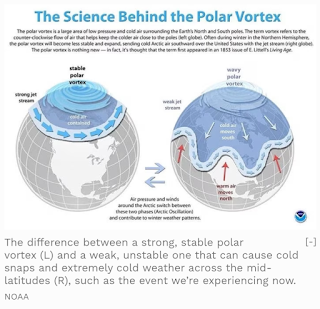Here are some youtube videos, or articles that caught my eye - from the New York Times, Consumer Reports, Popular Science etc.
Tuesday, January 30, 2024
Robots deep-learn methods of walking
Combating desertification
Canary islands' circular hollows protect plants
Sunday, January 28, 2024
Schizoaffective disorder and the cycle of homelessness and incarceration
Saturday, January 27, 2024
Recycle aluminum
Recycling aluminum saves about 90 percent of the energy it takes to make new aluminum, which is great since mining bauxite ore and turning it into aluminum is pretty environmentally destructive and energy-intensive. It takes about twice as much energy to produce new aluminum as it does to produce new plastic. - theverge
using recycled aluminum cans to make new aluminum cans uses 95% less energy than using bauxite ore, the raw material aluminum is made from.
Thursday, January 25, 2024
How to introduce yourself
Robots and cobots
Microbiome TED talk
Why TED talks are so unique
Wednesday, January 24, 2024
Win-win to make bricks
What if no sargassum washes up? "it's probably smart he's doing this as a non-profit rather than a business. A business might go under if the sargassum stops [washing up on shore]"
" First-class brick has a compressive strength of 105 kg/cm².
- The compressive strength of a second-rate brick is 70 kg/cm².
- Common building bricks have a compressive strength of 35 kg/cm²
- The compressive strength of sun-dried brick is between 15 and 25 kg/cm²."















